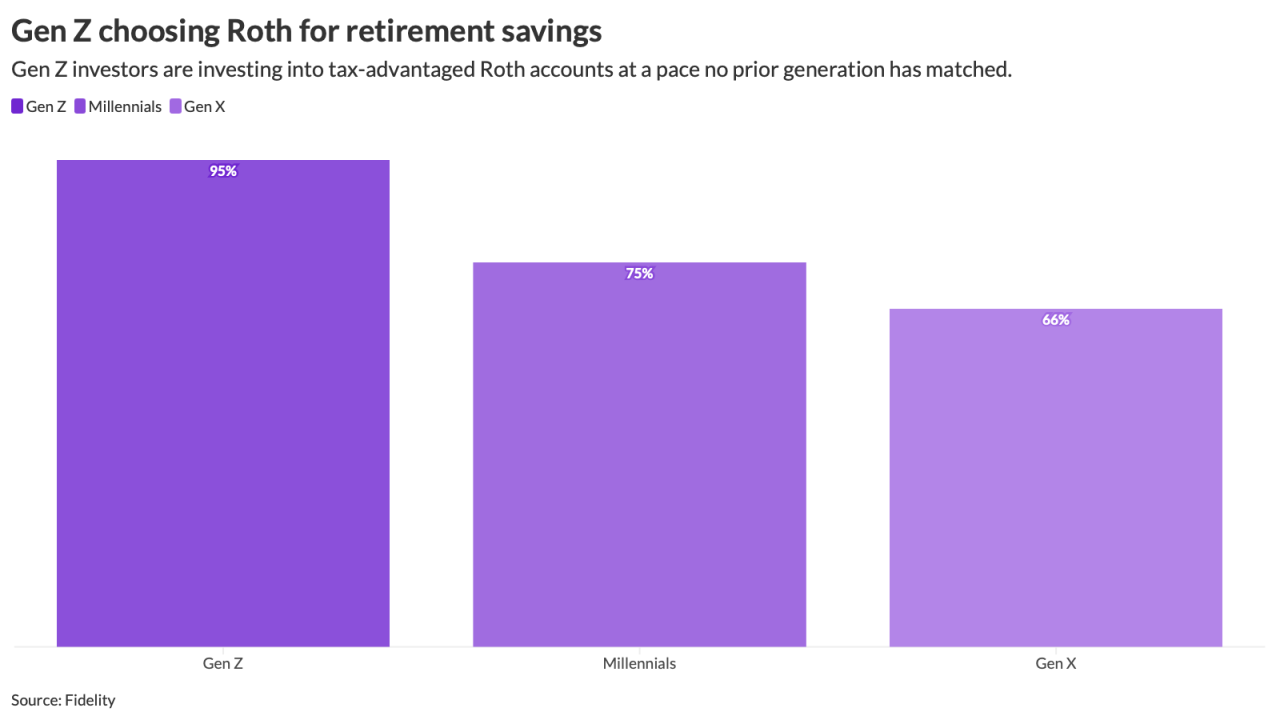(Bloomberg) -- President Barack Obama, seeking to halt the erosion in public support for his health care law, is using the power of his office to try to change the conversation.
After struggling for two months to fix the federal online insurance exchange at the core of the law, Obama Tuesday began what aides say will be a three-week campaign to use his bully pulpit to regain momentum for his signature domestic initiative.
He cant make Americans overlook the botched rollout of the exchange or the cancellation of millions of policies. Yet he can focus attention on popular provisions such as free preventive care, protecting those with pre-existing conditions and letting young people stay on their parents plans until age 26.
The word Obamacare is dragging down all those things that people love, and what the president is trying to do is flip that, so that all the things people love will actually lift up the support for the law, says Steve McMahon, a Democratic political strategist and co-founder of Purple Strategies, a Washington public affairs and communications firm.
It will be a tough sale. About half the country has consistently been against the law, and opposition has swelled since the websites Oct. 1 rollout. Fifty-seven percent of Americans said they opposed the law in a Washington Post/ABC News poll taken Nov. 14-17, and the country was evenly split 49% to 49% on whether the program could even be salvaged because of its flawed start.
Obamas credibility has also suffered. In a CNN/ORC poll taken Nov. 18-20, 46% of Americans said they considered him honest and trustworthy, down from 51% two months earlier. So has his reputation for competence. Forty percent of Americans said he can manage government effectively, down from 47% in June.
Republican leaders dismissed the idea that Obama will be able to turn public opinion in favor of the law. The more America learns of this plan, the more theyre opposed to it, Rep. Kevin McCarthy of California, the chief Republican vote-counter in the House, told reporters Tuesday.
McCarthy said that belies assurances the administration gave to nervous Democrats in 2009, when the law was being debated. The Patient Protection and Affordable Care Act passed Congress without a single Republican vote.
We may never satisfy the laws opponents, Obama said Tuesday at a White House-organized event in Washington. I would advise them to check with the people who are here today and the people that they represent all across the country whose lives have been changed for the better by the law.
Limited success
Even after a 2008 presidential campaign that regularly attracted enthusiastic crowds to rallies, Obama in the White House has faced a difficult time using the bully pulpit to build support for his agenda.
Republicans won a 2010 midterm election victory on a campaign critical of Obamacare and the presidents economic-stimulus plan. And he has been unable to generate public pressure on House Republicans to pass his second-term priorities such as gun control and a new immigration policy.
In maintaining support for his health care law, Obama has an advantage in that the law has already survived one Supreme Court challenge and cant be repealed without a two-thirds majority of Congress to override a presidential veto.
Still, White House officials say its critical to attract young people to the insurance exchanges in the first year to provide a sound actuarial footing, since theyre less likely to need health care.
Obamas health care public relations offensive reflects an appreciation of the difficulties presidents face in shaping public opinion, says George C. Edwards III, a political science professor at Texas A&M University and author of On Deaf Ears: The Limits of the Bully Pulpit.
He isnt challenging fundamental public beliefs, Edwards says. Hes just trying to prime pre-existing views such as support for the laws benefits to consumers.
The bully pulpits power has been an instrument of the presidency since Theodore Roosevelt coined the term. Using the word bully to mean splendid in explaining his use of the presidency for moral persuasion, he said, I suppose my critics will call that preaching, but I have got such a bully pulpit!
Roosevelt was setting out to change American beliefs that were far more entrenched than opposition to Obamacare when he secured passage of economic regulation, says Doris Kearns Goodwin, author of The Bully Pulpit: Theodore Roosevelt, William Howard Taft and the Golden Age of Journalism. His program ran counter to a laissez-faire philosophy that had been a basic American belief until then.
First impressions
This may be a very difficult challenge now because of first impressions, because the law has already become something in peoples minds, Goodwin says. But I still think the president has that power, especially if he can just bring that hidden consensus on the individual pieces to the forefront.
Whether it was Theodore Roosevelt traveling the country by train, Franklin Roosevelt delivering fireside chats by radio or Ronald Reagan telling stories in front of a television camera, the presidents who have made the most effective use of the bully pulpit have employed clear, simple language, Goodwin says. And theyve concentrated on forging an emotional connection with their audiences.
Obama may find it easier to replicate their successes if he can concentrate on specific benefits, Goodwin says. Maybe thats easier for people to absorb, these individual provisions rather than this big, complicated health-care bill, she says.
Major social programs have often been the subject of dispute in the U.S. during their early years, says H.W. Brands, a University of Texas history professor and author of Traitor to His Class: The Privileged Life and Radical Presidency of Franklin Delano Roosevelt.
Social Security, enacted in 1935, was tremendously controversial in its early years as taxes under the law began in 1937 and the first benefits werent paid until January 1940.
If President Roosevelt hadnt been re-elected in 1940, Republicans might have undermined it, Brands said. Roosevelt fended off early criticism by casting his landslide 1936 re- election as an endorsement of the program, he said.
Obama, like his predecessors, has an edge over opponents because the president is the sole voice elected by the entire country, Brands says. The White House also has an easier time maintaining a coordinated message than an opposition thats spread among many members of Congress.
Yet the presidents ability to dominate the national conversation has weakened in recent decades, Goodwin says.
Mass-circulation newspapers delivering journalism that appealed to a broad public had just superseded a partisan press when Theodore Roosevelt came into office. His speeches typically were reprinted in their entirety, Goodwin says.
Large portions of the American public listened live to Franklin Roosevelts radio addresses. Even when Reagan was in office, three networks dominated TV and usually carried his prime-time addresses.
The current media environment is fragmented, with cable news networks that diverge along partisan lines and a forum for many voices on the Internet, Goodwin says.
The news cycle also now shifts rapidly to a new topic when the president speaks. When Obama made a public case for his health plan in September 2009 speech to a joint session of Congress, the news coverage concentrated more on a comment South Carolina Republican Congressman Joe Wilson yelled out than on what Obama said.
I thought he made a very good speech, Goodwin says of Obama. Wilson yelling out You Lie became the story.





